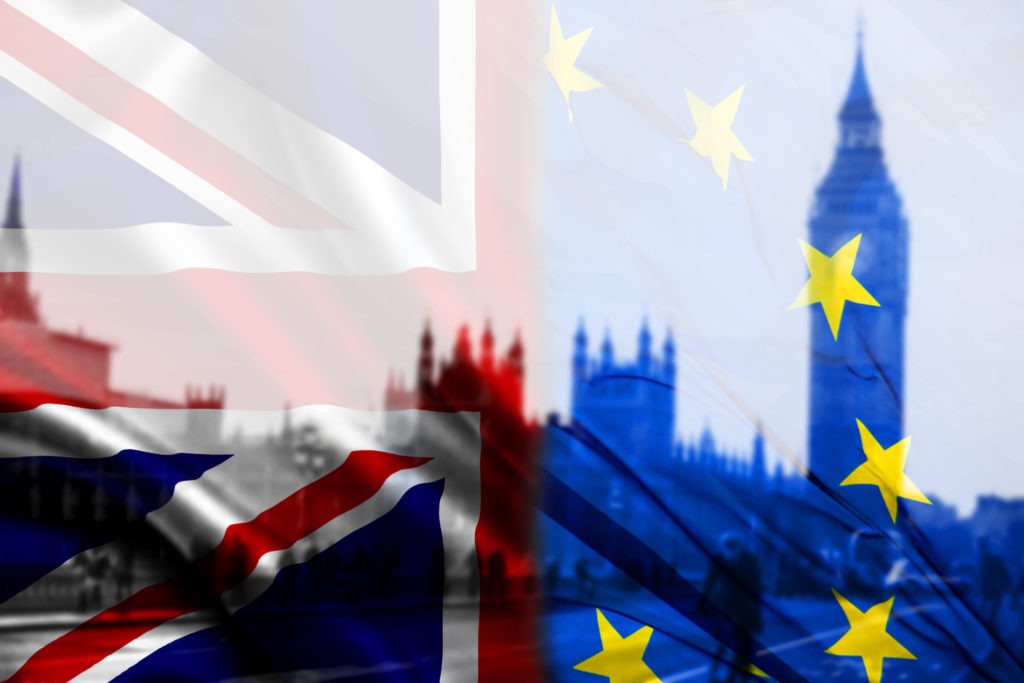Brexit: Boom, bust or stagnation?
17 October 2019

By Anthony Machin, Glass’s Head of Content and Product
17 October 2019
At this time of political uncertainty, economic considerations weigh heavy on MPs’ minds as they debate the UK’s withdrawal from the European Union (EU). Brexit is leading to both a significant change in the UK’s relationship with other European countries and the opportunity to reopen the negotiation of trade deals directly with non-EU countries.
Many questions are shaping MPs’ and public opinion about the merits of a Brexit deal versus leaving the EU without some kind of trading agreement in place. There is a pressing need for a political declaration on the future relationship the UK will have with the EU to aid the planning of future strategies.
In a post-Brexit world – with the potential of a weakened pound, no trade agreements and increased interest rates – the potential fallout for the automotive industry is significant. Whilst the majority of economic projections suggest that Brexit will harm UK economic growth, with increased barriers to trade between the UK and other countries, many used-car dealers are looking at how Brexit will affect the car market in both the short and long term.
WTO option
One factor that is raised continually in the Brexit debate is the World Trade Organisation (WTO) option. This refers to the automatic fall back to WTO trading rules, if no agreement with the EU is reached.
Made up of 164 members, the WTO is the forum where countries negotiate the rules of international trade. If two countries do not have free-trade agreements with each other, they trade under “WTO rules”.
Known as WTO schedules, every WTO member has a list of tariffs (taxes on imports of goods) and quotas (limits on the number of goods) that they apply to other countries. For non-agricultural products, the average EU tariff is quite low, at about 2.8%. However, in some sectors, tariffs can be quite high.
Under WTO rules, as cars pass the UK-EU border they would qualify for the WTO tariff and be taxed at 10%.
With this in mind, key issues to consider post-Brexit include:
Trade tariffs
- Any increase in trade tariffs with Europe will see imported car models from all European manufacturers rise in price;
- This is the most likely scenario with a no-deal Brexit, at least for the foreseeable future; and
- Volkswagen Group has warned that vehicle prices are likely to increase in the event of a no-deal Brexit as it stockpiles cars in the UK. With components and cars crossing the border regularly, VW has said that it cannot simply pay the extra costs, meaning they will be added to models sold in the UK.
- The dramatic drop in sterling in August is probably only a taste of what is to come – leading to further price increases for new cars; and
- A no-deal scenario would likely see sterling fall 5-10%, causing a spike in inflation.
- The Bank of England held interest rates at 0.75% in September 2019, mentioning ′Brexit uncertainties’ frequently in its decision. In the past, the Bank has described holding rates as a ′wait-and-see’ approach to Brexit;
- With the deadline looming closer, the Bank might soon have to be more decisive; and
- In the medium term though, the Bank’s intention is still to gradually increase rates closer to their pre-recessionary norms – but only if the UK’s departure from the EU goes smoothly.
- Nissan is cutting the number of shifts at its Sunderland plant, dealing a blow to the facility even ahead of the UK’s departure from the EU. The move could signify a ′winding down’ of production at the site, with Nissan Europe chairman Gianluca de Ficchy stating that the plant would not be sustainable if there were to be a no-deal Brexit as it would be impossible to offset  WTO tariffs through cost cuts;
- Jaguar Land Rover (JLR) is again planning a temporary shutdown of its main UK production plants for a week after Britain’s planned departure from the European Union on 31 October;
- BMW has announced that it will shut its UK plants on 31 October and 1 November, the days following the current Brexit deadline, although this could extend to two weeks, depending on the situation the country finds itself in at the time;
- Toyota will shut down vehicle production at its UK plant for a day after the UK leaves the European Union on 31 October;
- PSA Group has confirmed that it will build the next-generation Opel/Vauxhall Astra at two sites in Europe, with RÃœsselsheim in Germany being one of these. The company has stated that its second plant would be Ellesmere Port in the UK, but this decision is conditional on the final terms of the UK’s exit from the European Union;
- BMW, Honda and JLR, among others, all closed their factories in April, which, in line with the original Brexit deadline, would have allowed them time to iron out any issues surrounding parts supply and therefore prevent bottlenecks. Car manufacturing in the UK plummeted in April as unnecessary shutdowns, due to the extended Brexit deadline, bit hard; and
- Across the UK and Europe 23 automotive industry bodies have joined forces to stress the ″catastrophic″ impact the UK leaving the EU without a formal deal would have on the industry’s operating model, due to increased border checks and wide-reaching tariffs.